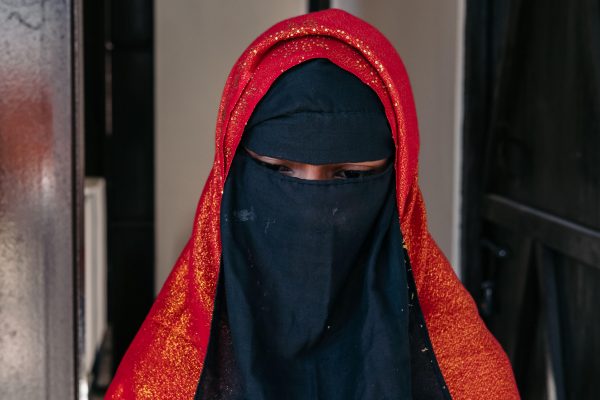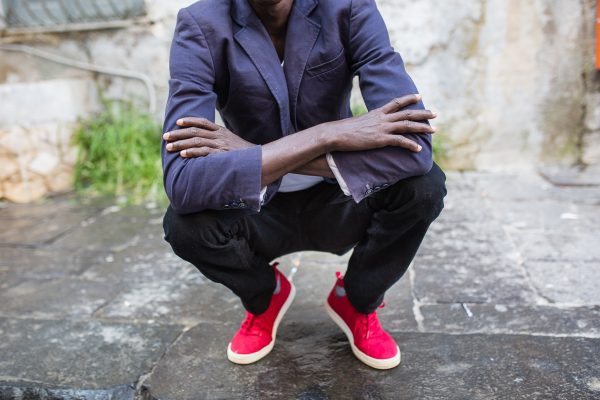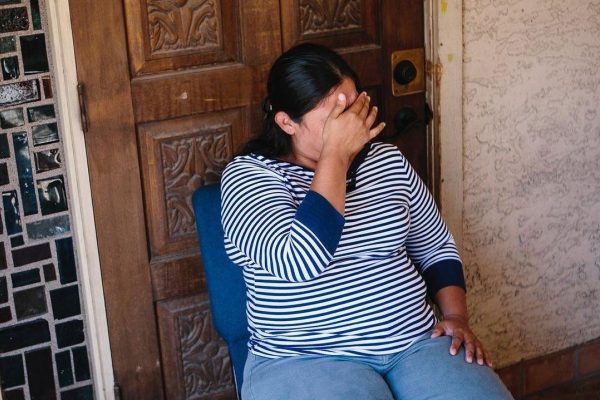Venezuela: Special Refugee Status
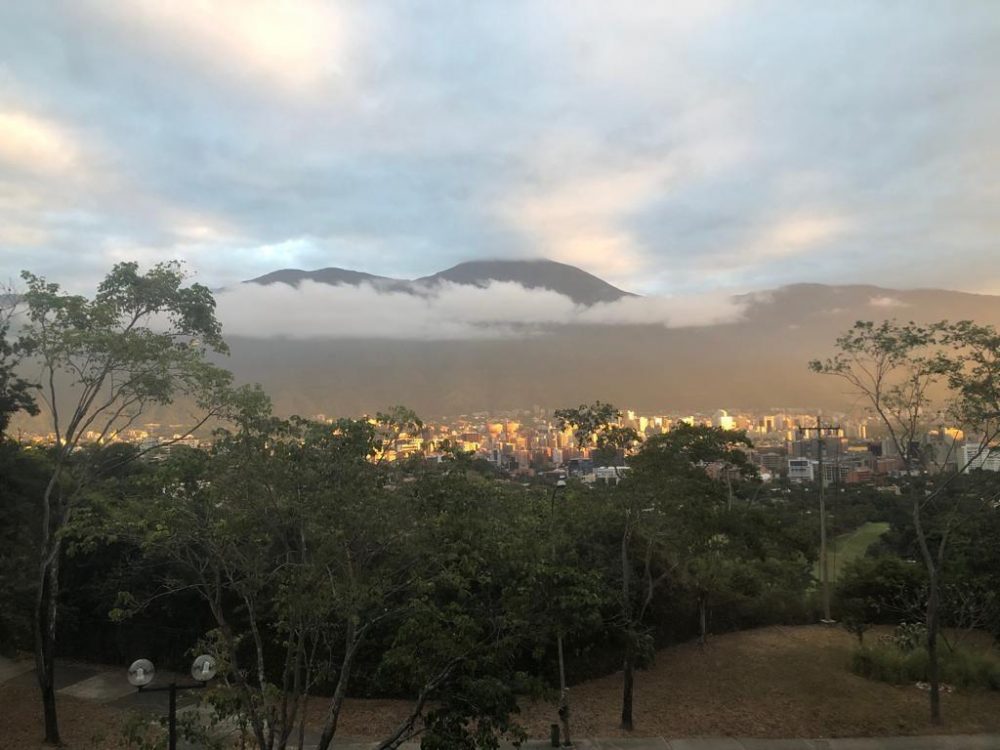
"The fall of Venezuela is the single largest economic collapse outside of war in at least 45 years...It’s really hard to think of a human tragedy of this scale outside civil war.”
Kenneth Rogoff, Economics Professor at Harvard University (New York Times, 2019)
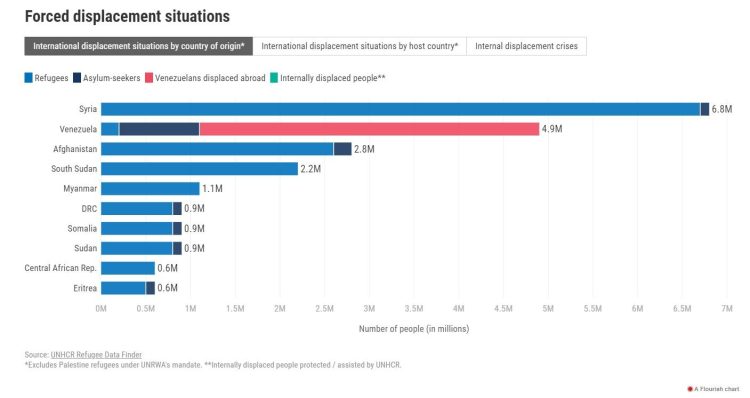
Economic drivers
Food Shortages
Finding food in Venezuela has become a Herculean task. In June 2018, the Ministry of Food (Ministerio de Alimentación) reported that 84% of items in the basic food basket were not available in supermarkets. Behind these glaring shortages is a simultaneous reduction in national food production and in food imports. According to the Venezuelan Health Observatory (OVS), food production decreased by more than 60 percent between 2014 and 2018 (The Wilson Center).
Socio-political drivers
Struggle for Political Power
Venezuela has been in a political crisis for years, fueling a downward spiral. This is in large part due to a dispute over who is the legitimate Venezuelan president. After socialist leader Hugo Chávez’ death, Nicolás Maduro was first elected in April 2013. Despite an economic freefall during his tenure, he was re-elected in May 2018, but by a small margin. The opposition leader, Juan Guaidó, then declared himself acting president in January 2019.
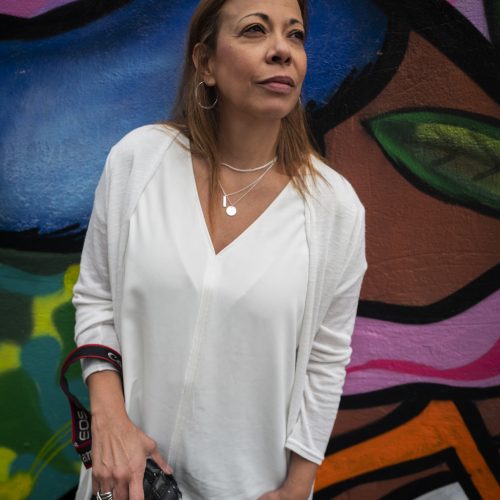
"In 2014, there were big protests. We were already worn out from so many years of chaos, but 2014 was the breaking point. All the roads were blockaded. The level of insecurity was high. There were a lot of kidnappings and I had a teenage daughter who I was very worried about. That was the year of hoarding and shortages because of the bachiqueros (armed groups who entered stores and grabbed all the goods to sell on the black market). I was very afraid."
Maria, photographer
(Photo Courtesy of Leslie Monsour)
Medical Supply Shortage
According to the Pharmaceutical Federation of Venezuela, the country has been suffering an 85% shortage of medicine and a 90% deficit of other medical supplies used to treat severe conditions like cancer and hemophilia…Although Venezuela experienced food and medicine shortages in the past, "the situation has become heightened over the past four years under President Nicolás Maduro”(USA Today, 2017).
Suppression of Freedom of Speech
As more and more Venezuelans make it out of the country, many tell the tale of suppression of the freedom of speech, freedom of the press and brutality experienced by anyone who sided with the opposition to the current government.
Hyperinflation
Even when scarce amounts of food and medication are available, it is often impossible to purchase them, as hyperinflation drives prices and money becomes obsolete as soon as it is printed. To address the issue, Venezuela announced its third redenomination since 1999.
Venezuelans are fleeing a profound economic and political crisis, characterized by the systematic violation of human rights and a deepening humanitarian emergency.
“persons who have fled their country because their lives, security or freedom have been threatened by generalized violence, foreign aggression, internal conflicts, massive violation of human rights or other circumstances which have seriously disturbed public order.” Cartagena Declaration
While Venezuelans leaving the country do not fit the 1951 Refugee Convention, which declares a refugee as someone with a well-founded fear of persecution for reasons of race, religion, nationality, membership in a social group, or political opinion, they also don't fit the conventional definition of a migrant (someone who voluntarily leaves his or her country of origin in order to seek a better life and who does not face impediments to returning home).
The humanitarian emergency that borders on violation of the human right for life and livelihood, increased political crisis, coupled with suppression of the right to freely address the shortcomings and to exercise the right to vote for opposition have led the international community to the conclusion that Venezuelans deserve special protection status. As a result, the UNHCR has called on the international community to recognize Venezuelans as a group as refugees, based on the wider criteria outlined in the Cartagena Declaration of 1984.
Their Story is Our Story aims to change the perception and reception of refugees worldwide. We urge local citizens to create communities where newcomers feel supported and safe by contacting your elected officials to express support of refugee resettlement, to volunteer, or to donate in-kind or funds.
